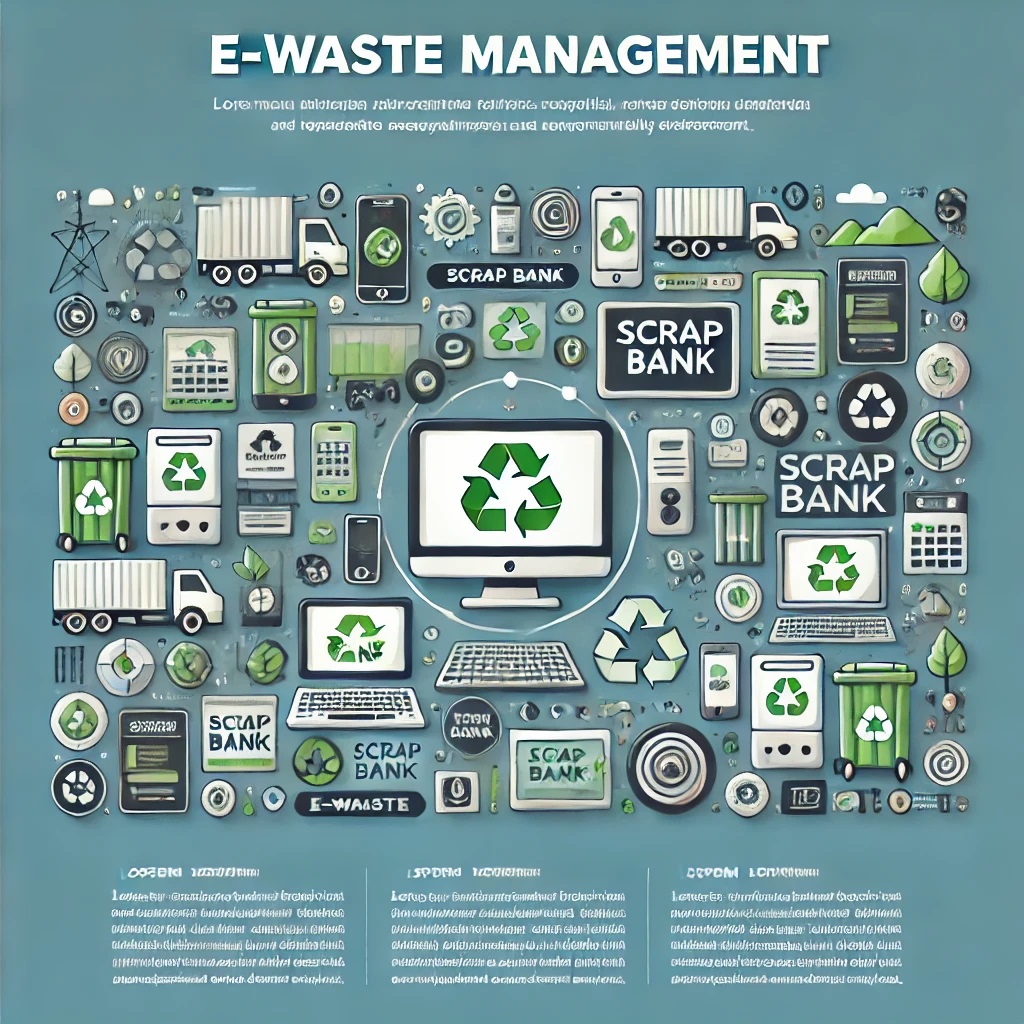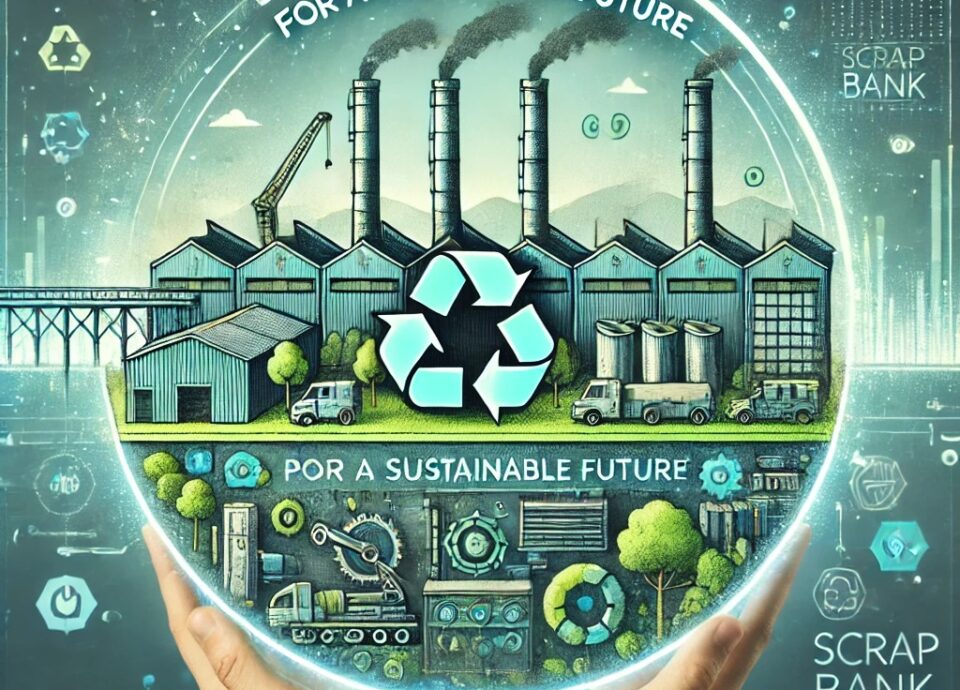Global policies play a crucial role in shaping the future of recycling by setting standards, promoting sustainable practices, and fostering international cooperation. Here are some key ways these policies are influencing recycling:
1. Regulatory Frameworks
Governments are implementing stricter regulations on waste management and recycling. Policies like the European Union’s Circular Economy Action Plan aim to reduce waste and increase recycling rates. These frameworks set targets for material recovery and encourage the design of products for easier recycling.
Global agreements, such as the Basel Convention, regulate the movement of hazardous waste and promote responsible recycling practices. These agreements encourage countries to adopt sustainable waste management practices and prevent illegal dumping.
2. Extended Producer Responsibility (EPR)
EPR policies hold manufacturers accountable for the entire lifecycle of their products, including end-of-life disposal. This incentivizes companies to design products that are easier to recycle and reduces the burden on municipal waste systems.

5. Public Awareness Campaigns
Many countries are launching initiatives to educate citizens about the importance of recycling. Policies that promote public engagement can lead to higher participation rates in recycling programs and better sorting practices.
6. Technological Innovation
Policies that support research and development in recycling technologies are driving innovation. This includes advancements in sorting technologies, biodegradable materials, and closed-loop systems that enhance the efficiency of recycling processes.
7. Market Development for Recycled Materials
Policies that create demand for recycled materials can stimulate market growth. This includes setting recycled content mandates for products and supporting businesses that use recycled materials in their manufacturing processes.
8. Climate Goals and Sustainability
As countries strive to meet climate goals, recycling is increasingly seen as a key strategy for reducing greenhouse gas emissions. Policies that promote recycling contribute to resource conservation and lower energy consumption compared to virgin material production.
Conclusion
The interplay of global policies is essential in advancing recycling efforts worldwide. By fostering collaboration among governments, businesses, and communities, these policies can help create a more sustainable and circular economy, ensuring that resources are used efficiently and responsibly for future generations.





